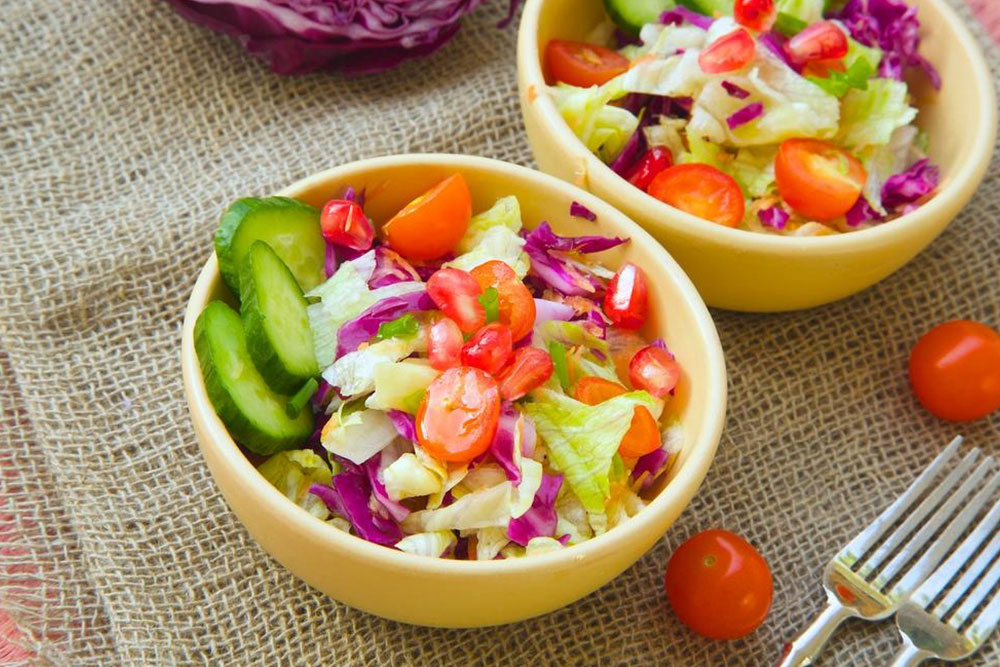
Dietary Tips to Prevent IBS
Irritable bowel syndrome (IBS) is bowel syndrome that causes belly discomfort or pain. The disorder is characterized by the presence of a cluster of symptoms in children and adults which include abdominal pain, increased gas, food intolerance, and bloating. This generally occurs more or less often than diarrhea or constipation caused due to other conditions.
Some people can control or prevent the symptoms of IBS by adopting certain dietary changes and maintaining a lifestyle. Complex and more-severe symptoms can be treated through medication and counseling.
The traits of IBS are uncomfortable but embracing these dietary tips can provide great relief. Once you find relief through this, you can make them a part of your lifestyle as well.
1. Use fresh ingredients and make homemade meals
It is advised to use fresh ingredients when cooking, especially if you are affected by IBS. You must use an array of ingredients while cooking and also try to have homemade meals.
2. Have your meals on time
Every day you must maintain a specific timetable for all your meals to prevent IBS. One of the important tips is not to skip your meals.
3. Eat more fiber
Including fiber to your regular diet can help you prevent IBS. Fiber has two types: soluble fiber and insoluble fiber. Soluble fiber is more helpful in relieving the symptoms of IBS. Adding fiber to your diet in small quantities can help you prevent other conditions as well.
4. Avoid consuming problem foods
Unquestionably, certain foods can make gastrointestinal pain worse and trigger IBS; such foods are known as problem foods. When buying food, be careful of what you pick, as you could end up buying something that may aggravate your condition. Try to avoid problem foods such as beans, cabbage, chocolate, alcohol, soda, and dairy products. You are also advised not to have processed, spicy, and fat-rich foods.
While some foods worsen the condition of your health, others could help you. Foods containing probiotics or bacteria like yogurt and aged cheeses can help relieve some symptoms of IBS.
5. Avoid gluten
You are recommended to avoid foods that contain gluten, a protein found in most cereals and processed foods. Sometimes, people can have severe symptoms after eating gluten.
6. Drink plenty of water
The body needs fluids to maintain the balance; water is one of the irreplaceable fluids which we need at all times. Drinking plenty of water can keep you hydrated, which, in turn, prevents diarrhea and constipation. Drinking plenty of water is one of the most important IBS dietary tips to follow.
There is no single diet or medicine that works for everyone with IBS, as everyone is different. You may need to follow some diet tips consistently for several weeks for relief.


